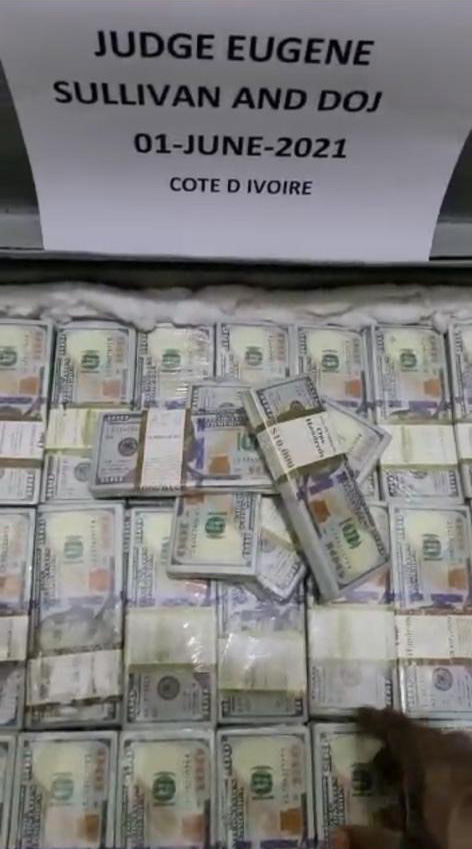
…And Unjustly Imprison an ICC Official Who Was Trying to Return the Money to the U.S. Treasury?
Most Americans complain about corruption, whether at the local, state, or even national levels. Yet we are taught to believe that we don’t have to live with corruption as an endemic part of our culture, like many other countries endure. And so it’s frustrating when one encounters it.

And then what happens when the corruption one encounters is so egregious, so bold, as to put a person’s life in danger? What happens when greed clouds the judgment of otherwise accomplished, professional people? What happens when your own lawyer turns against you? And how about if he’s working with Rudy Giuliani to do it? You go to court. And you sue them.
I would like to introduce you to a friend of mine. Iztok Plevnik was born and raised in Slovenia. A patriot and natural athlete, he decided to join his country’s intelligence service, where he specialized in counterterrorist operations. He trained with the U.S. Secret Service and the Navy SEALs before deciding to emigrate to the United States in 2003.
Because of his athletic ability, he was drafted as a place kicker by an NFL team in 2004, an offer he declined so that, instead, he could work for a company under contract with the International Criminal Court (ICC). Iztok led counterterrorist teams to retrieve evidence or to capture people around the world under indictment in the ICC.
It was during one of these operations in 2017 that Iztok and his team of operations officers entered a series of alleged terrorist safehouses in Africa in pursuit of terrorist suspects. They found their men. But they also found stash houses with pallets of American currency—notably one with $6 billion and another with $10 billion in $100 bills.
The source of the money is a mystery. It most likely belonged to the government of former Libyan leader Muammar al-Qaddafi. It may have been the CIA’s money. It could have been money hoarded by al-Qaeda. Iztok ordered that the cash be secured in warehouses, and, because he is a patriot, he sought to return it to the U.S. Treasury.
The following account was taken directly from a lawsuit that Iztok has filed in the Federal District Court for the District of Columbia.
Iztok traveled back to the United States in 2018 and engaged the legal services of a former federal judge, Eugene Sullivan, Sr., to walk him through the process of returning the money. How do you get billions of dollars back into the treasury? You can’t just load it onto a plane. Can you imagine flying into Dulles Airport, having a customs agent ask if you are bringing more than $10,000 into the country, and responding that you are bringing in $16 billion in $100 bills? It’s a non-starter.
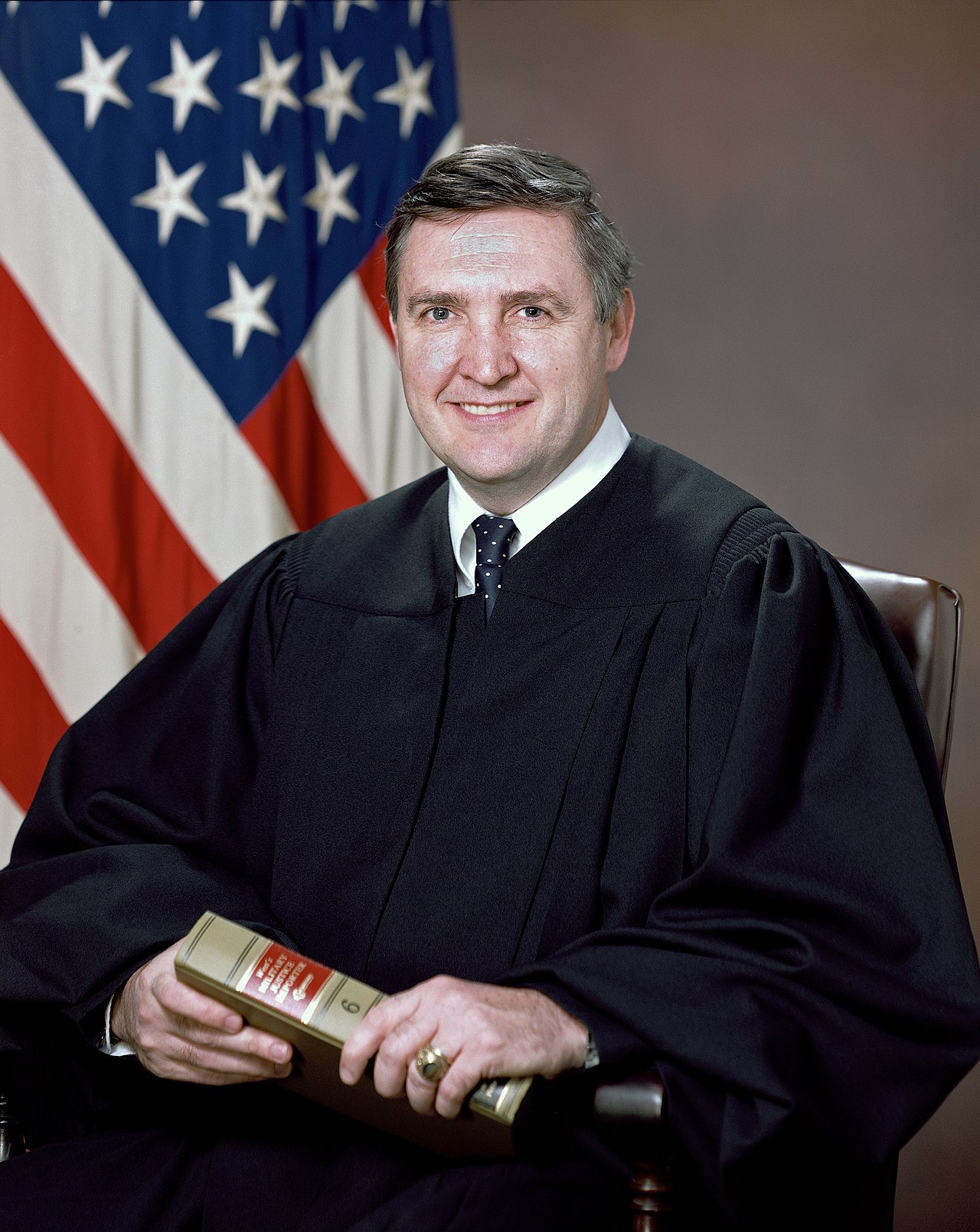
According to the court papers, Sullivan expressed excitement about the project and said he would inquire at the Treasury Department about the modalities of transferring such a huge amount of money. But a few months later, in a follow-up meeting, his excitement had vanished. He said that he wanted nothing to do with the project and, without any further explanation, he voiced concern for the safety of his family if he remained involved. He was out.
A year and a half later, Covid hit. Iztok arranged for the production of a large number of KN95 masks that he wanted to try to sell to the federal government. That is when Sullivan reversed course on the repatriation of the money, and he told Iztok that he would act as his attorney in the process. Iztok asked Sullivan to make sure that the repatriation was done legally. Could Sullivan liaise with the Department of the Treasury to get a letter authorizing him to carry out the transaction?

Just a few days later, Sullivan told Iztok that he had made all the arrangements with the Treasury Department to have Iztok approved to return the money. Iztok was asked to remain outside the Treasury building, next door to the White House, as Sullivan went inside, claiming to meet with Treasury Secretary Steve Mnuchin.
When he came out, he gave Iztok a letter on Treasury Department letterhead, signed by the Department’s General Counsel, authorizing him to return the money. A few days later, a companion letter arrived, also signed by the General Counsel, with wiring instructions to transfer the money to the Treasury Department. Sullivan wished Iztok luck on his trip to Africa.
On December 3, 2020, Iztok flew to Kenya to repatriate the first tranche of the money, $10 billion, to the Treasury Department. Sullivan was standing by in case of a legal problem. Iztok had the money moved from the safehouse to the Nairobi Police Department, where he was told that he needed to show proof that the money was legitimately being sent back to the Treasury. Otherwise, Kenyan banking officials would be unwilling to make the wire transfer.
Iztok called Sullivan in Washington to ask him to call the State Department to ask that they allow the American Embassy in Nairobi to authenticate the letters from Treasury’s General Counsel. But Sullivan refused, saying that it was the middle of the night in Washington and he did not want to wake anybody. In fact, he said, he had a bad feeling about the whole operation, and he told Iztok to abandon the transfer and to return to Washington immediately. Iztok got on the next plane home.
Iztok and Sullivan met in February 2021 at the Justice Department along with Sullivan’s son, attorney Eugene Sullivan II; a Justice Department official, Michael Keilty; and a handful of other DOJ attorneys. The meeting was for the specific purpose of getting Iztok to reveal the location of the money in Africa, something which he declined to do. He said that he had written permission from the Treasury Department to return the money, and that is what he intended to do. He said that he would check in with the local U.S. Embassy when he arrived in Africa.
On August 1, 2021, Iztok flew to Abidjan, Ivory Coast, to attempt to repatriate the second tranche, $6 billion. On Sullivan’s recommendation, he first made an appointment to see James Billington, the American Embassy’s Regional Security Officer. The meeting was supposed to be a simple courtesy. But as soon as Iztok arrived at the Embassy, he notes in the lawsuit, Billington’s hostility was apparent. Billington accused Iztok of having forged the Treasury letters and said that Iztok, Sullivan, and former President Donald Trump would all go to prison for their conspiracy.
Iztok protested, telling Billington that he was there on behalf of the Treasury Department solely to repatriate the money. He told Billington where the money was located and insisted they go immediately to pick it up and bring it back to the American Embassy, but Billington allegedly claimed he was uninterested. Billington reportedly said that, in the meantime, Iztok was not formally under arrest, but that he was being detained, and he was not permitted to leave the Embassy. He was kept in the interview room by three Marine guards armed with machine guns, while nine members of Iztok’s team were waiting outside.
Ninety minutes later, Billington returned to the interview room. Iztok alleges that he said that he had contacted the Treasury Department to check on the authenticity of the letters, but that he had not yet heard back. Four hours later, Iztok was allowed to leave the Embassy.
Of course, by then, all the money was gone, apparently spirited away while Iztok was being “detained.”
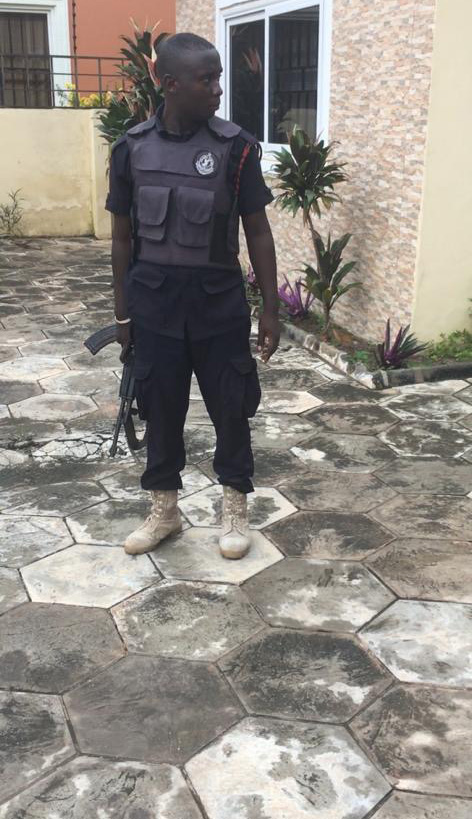
Iztok went to his hotel, angry, confused, and unable to sleep. And then at 6:00 a.m. the next day, August 4, 2021, 40 Abidjan policemen arrived at the hotel and arrested him. He was arraigned on charges of money laundering and misrepresenting official documents, and, he says, put in a jail cell with murderers and terrorists.
Later in the morning, a local police official put Iztok in a car and took him to the warehouse where the money was supposed to be. The facility, however, contained only illegal drugs, diamonds, coffee and counterfeit cash. The legitimate cash had already been removed—by whom is still not definitively known.
They then returned to the jail, where the “interrogation” began. Iztok was asked repeatedly how he knew about the money. He answered all questions truthfully, he says, but that did not stop police officers from stripping him naked, hanging him from his wrists, beating him severely, and breaking his wrists and fingers during a rough “interrogation session.”
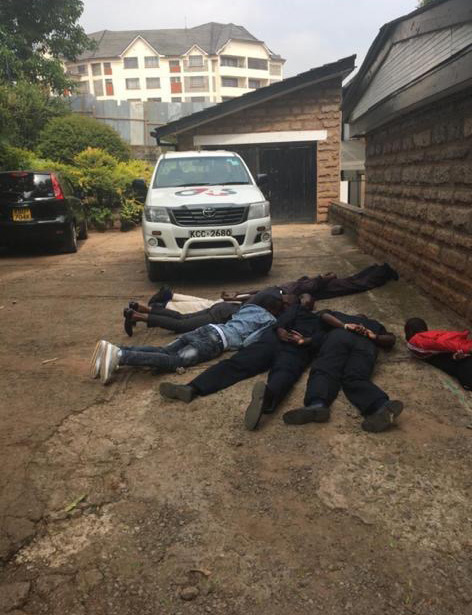
For that, he alleges that he now suffers from PTSD. That afternoon, he was finally allowed a phone call, which he used to get in touch with his long-time attorney in France who had strong connections in Francophone Africa. His French attorney found him a powerful attorney in Abidjan who went to the jail to visit Iztok. At the jail, the lawsuit says, the attorney was saluted respectfully.
The police official who had beaten Iztok told the attorney that he had been arrested for smuggling weapons to the United Arab Emirates, Iraq and Iran, an outrageous falsehood that made the attorney laugh. Thanks to his attorney’s actions and relationships, Iztok was soon released, and he went back to his hotel to await a flight back to Washington.
On August 8, 2021, Iztok says that he met with Sullivan at the latter’s office in Washington. Sullivan reportedly asked whether he would be willing to go back to Africa to give the repatriation another try. Sullivan allegedly offered Iztok a U.S. diplomatic passport, something that he would have been utterly unauthorized to do.
Iztok left the office for a flight back to his home in Florida. While he was awaiting the flight, Iztok says that Sullivan called to say that he could no longer be his attorney. Sullivan allegedly said falsely and disingenuously that, because Iztok had been charged with crimes “in Ivory Coast and the United States,” the Sullivan family would be at risk of violence if Sullivan continued to represent him. When he landed, Iztok called Sullivan back with a question: “Does that mean the documents you gave me were fake?” Sullivan hung up on him, he says.
Earlier this month, Iztok filed a federal lawsuit against Judge Sullivan; Sullivan’s attorney-son; Keilty, the Justice Department official; Billington, the Embassy security official; and Todd Brown, Billington’s boss and the Acting Assistant Secretary of State for Diplomatic Security, alleging fraud. And that fraud allegation runs deep. First, Sullivan Sr., Billington, Brown and Keilty are all connected. They were all Army Rangers. Is that just a coincidence?
Second, the money disappeared only after Iztok revealed its location to Billington. Third, Sullivan purchased two homes next door to each other in Bethesda, Maryland, a tiny suburb of Washington, D.C. One was for him and his wife. The second was for his recently divorced son. This was despite the fact that he says that he is broke and that his son is going through a difficult and expensive divorce.
And finally, attorney Bruce Fein, a former Associate Deputy Attorney General of the United States, acting on Iztok’s behalf, filed a Freedom of Information Act request with the Treasury Department asking one simple question—were the documents giving Iztok permission to repatriate the money real or fake? Treasury has been unable to find any record that any such letters were ever written.
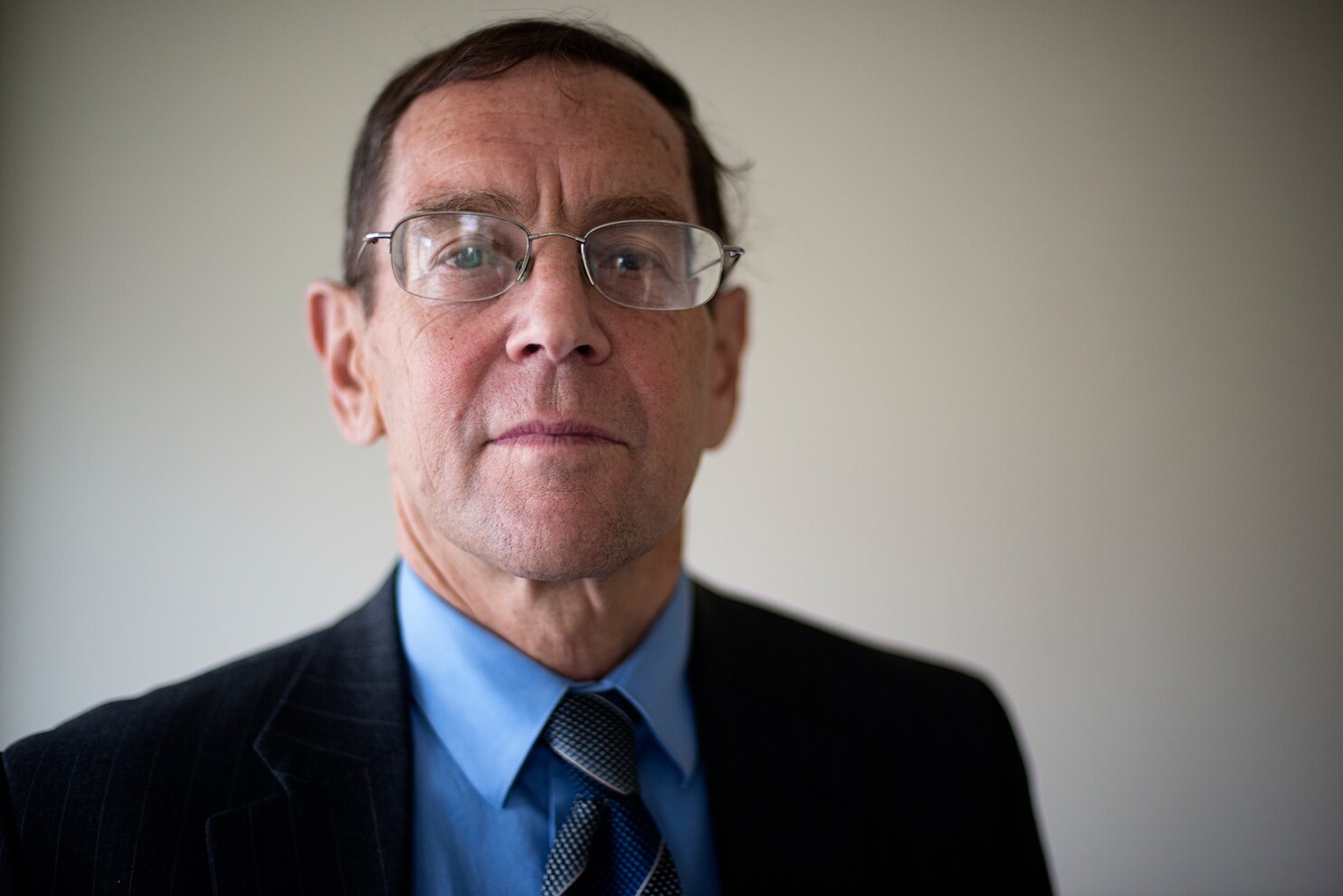
The suit goes on to ask several important questions: Did Sullivan, Sr., Sullivan II, Billington, Brown and Keilty conspire to steal the money? If so, did they throw Iztok to the wolves in the Ivory Coast? Was his arrest and beating there meant to frighten him off the case? Was it meant to kill him? And where is the money? Was it laundered and distributed among the conspirators?
So far, only the Sullivans have responded to the lawsuit. Their entire response was confined to two short paragraphs. It said,
“Absent from the complaint is an allegation that Eugene Sullivan made a false statement of material fact that caused Plaintiff [Iztok] damages. The only alleged false statement alleged to have been made by Eugene Sullivan is: ‘Plaintiff left Defendant Sullivan I’s office to fly back to Florida, where he resides. Approximately 45 minutes after Plaintiff left, Defendant Sullivan I called him and said Defendant Sullivan I could not represent him any longer. Defendant Sullivan I falsely stated Plaintiff had been accused of criminality in both the United States and Ivory Coast and that Defendant Sullivan I’s family would be threatened if he continued to represent Plaintiff.’
“The complaint does not explain how Eugene Sullivan’s alleged statement to Plaintiff that Plaintiff had been accused of criminality in both the United States and Ivory Coast could be material to Plaintiff’s cause of action, even if it were false, or how the statement could have caused Plaintiff damages.
Because Plaintiff’s damages are alleged to have taken place when Plaintiff was arrested in Abidjan, Ivory Coast, those damages were—based on Plaintiff’s complaint—caused by Plaintiff’s arrest in a foreign country, rather than Eugene Sullivan’s alleged statement to Plaintiff.”
Most notably, neither of the Sullivans challenge the specific allegations of fraud.
Their response to the lawsuit is a lot of gobbledygook. What it doesn’t say is “I didn’t steal the money.” And that, after all, is the bottom line. I’ll let you know how the case plays out.

CovertAction Magazine is made possible by subscriptions, orders and donations from readers like you.
Blow the Whistle on U.S. Imperialism
Click the whistle and donate
When you donate to CovertAction Magazine, you are supporting investigative journalism. Your contributions go directly to supporting the development, production, editing, and dissemination of the Magazine.
CovertAction Magazine does not receive corporate or government sponsorship. Yet, we hold a steadfast commitment to providing compensation for writers, editorial and technical support. Your support helps facilitate this compensation as well as increase the caliber of this work.
Please make a donation by clicking on the donate logo above and enter the amount and your credit or debit card information.
CovertAction Institute, Inc. (CAI) is a 501(c)(3) non-profit organization and your gift is tax-deductible for federal income purposes. CAI’s tax-exempt ID number is 87-2461683.
We sincerely thank you for your support.
Disclaimer: The contents of this article are the sole responsibility of the author(s). CovertAction Institute, Inc. (CAI), including its Board of Directors (BD), Editorial Board (EB), Advisory Board (AB), staff, volunteers and its projects (including CovertAction Magazine) are not responsible for any inaccurate or incorrect statement in this article. This article also does not necessarily represent the views the BD, the EB, the AB, staff, volunteers, or any members of its projects.
Differing viewpoints: CAM publishes articles with differing viewpoints in an effort to nurture vibrant debate and thoughtful critical analysis. Feel free to comment on the articles in the comment section and/or send your letters to the Editors, which we will publish in the Letters column.
Copyrighted Material: This web site may contain copyrighted material the use of which has not always been specifically authorized by the copyright owner. As a not-for-profit charitable organization incorporated in the State of New York, we are making such material available in an effort to advance the understanding of humanity’s problems and hopefully to help find solutions for those problems. We believe this constitutes a ‘fair use’ of any such copyrighted material as provided for in section 107 of the US Copyright Law. You can read more about ‘fair use’ and US Copyright Law at the Legal Information Institute of Cornell Law School.
Republishing: CovertAction Magazine (CAM) grants permission to cross-post CAM articles on not-for-profit community internet sites as long as the source is acknowledged together with a hyperlink to the original CovertAction Magazine article. Also, kindly let us know at info@CovertActionMagazine.com. For publication of CAM articles in print or other forms including commercial internet sites, contact: info@CovertActionMagazine.com.
By using this site, you agree to these terms above.
About the Author
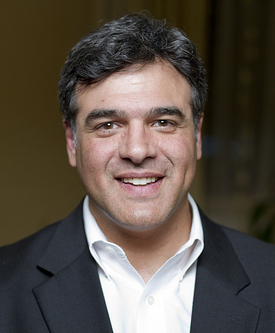
John Kiriakou was a CIA analyst and case officer from 1990 to 2004.
In December 2007, John was the first U.S. government official to confirm that waterboarding was used to interrogate al-Qaeda prisoners, a practice he described as torture.
Kiriakou was a former senior investigator for the Senate Foreign Relations Committee and a former counter-terrorism consultant. While employed with the CIA, he was involved in critical counter-terrorism missions following the terrorist attacks of September 11, 2001, but refused to be trained in so-called “enhanced interrogation techniques,” nor did he ever authorize or engage in such crimes.
After leaving the CIA, Kiriakou appeared on ABC News in an interview with Brian Ross, during which he became the first former CIA officer to confirm the existence of the CIA’s torture program. Kiriakou’s interview revealed that this practice was not just the result of a few rogue agents, but was official U.S. policy approved at the highest levels of the government.
Kiriakou is the sole CIA agent to go to jail in connection with the U.S. torture program, despite the fact that he never tortured anyone. Rather, he blew the whistle on this horrific wrongdoing.
John can be reached at: jkiriakou@mac.com.

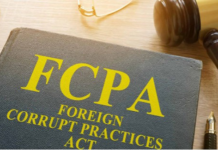




Further to my previous comment, I found the in the year 2004 Iztok Plevnilk was a member of the Miami Morays of the NIFL football league, NIFL stands for National Indoor Football League, not to be confused with NFL (National Football League.). I found an article which gave the following information:
Anyway, several months after the phone conversation with Fik, Plevnik landed at the airport in New York. This put him in touch with important people who needed personal protection in Pittsburgh. He worked as a bodyguard until 2003, when an unusual opportunity presented itself – playing in a semi-professional football league. He moved from Pittsburgh to Florida, where he played for the Miami Morays at the end of 2004. There he also started working for the Wilhelmina fashion agency and met his future wife, Michigan beauty, former ice skating coach Jilian Skrzycki. They got married on a seven-day cruise. In 2007, their son Dylan was born.
In this article it says that Iztok Plevnik was drafted as a placekicker by a National Football League team in 2004. I went through the entire list of players drafted in the 2004 NFL draft and I did not see the name Iztok Plevnik. I guess he must have played football in Slovenia or for an American University,
Yes it is true. http://www.thewhistleblowerpost.com